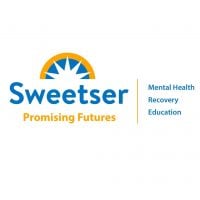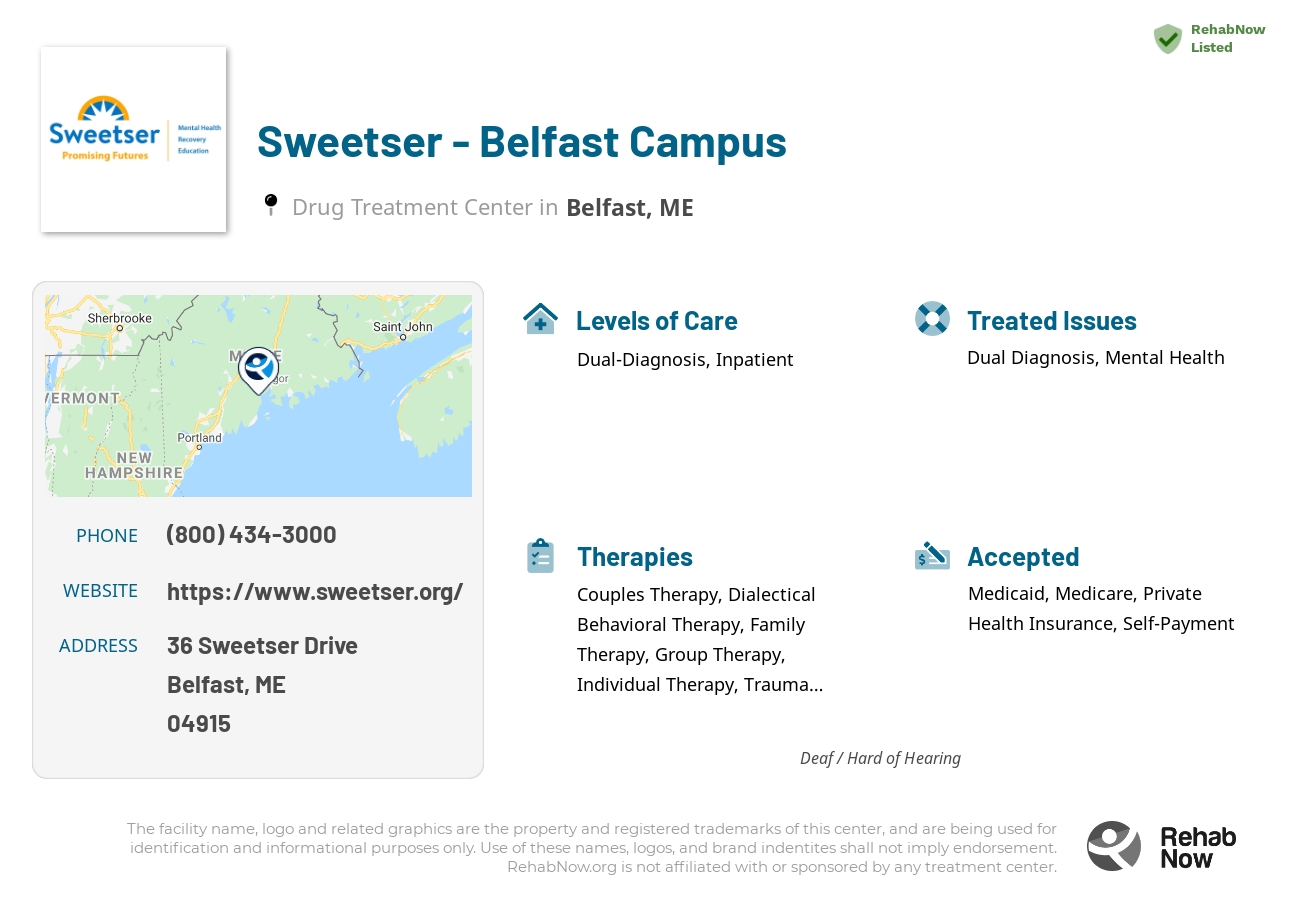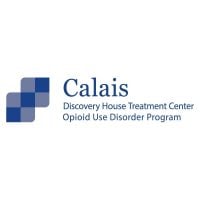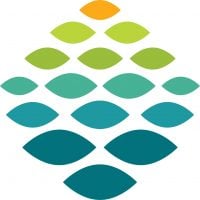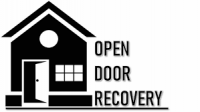Sweetser - Belfast Campus
Drug Rehab Center in Belfast, Maine
Sweetser - Belfast Campus, located in Belfast, Maine, is an accredited nonprofit mental health and education provider offering a wide range of mental health and educational services, substance abuse and addiction treatment services, and a comprehensive approach to addiction and substance abuse treatment.
About Sweetser - Belfast Campus in Maine
Sweetser - Belfast Campus is a mental health and substance abuse treatment center in Belfast, Maine. It provides a wide range of services to individuals and communities in South Central and Midcoast Maine. Sweetser - Belfast Campus has earned its reputation as a leading provider of a comprehensive array of assessments, treatments, and recovery programs for individuals with substance use disorder and addiction. Through a holistic approach that addresses all aspects of the person, Sweetser helps individuals and families transition into and through recovery while sustaining their physical, mental, and emotional health.
At Sweetser - Belfast Campus, expert staff members, both certified and licensed, provide a wide variety of evidence-based therapies to treat addiction and substance abuse. These trained professionals tailor their approach for each individual, offering a treatment plan that is both personal and effective according to each person’s unique needs. Services include screenings, individual counseling, group counseling, medications, recovery coaching, specialist consultation, and ongoing case management. Sweetser - Belfast Campus is accredited by the Commission on Accreditation of Rehabilitation Facilities (CARF) and licensed by the Maine Department of Health and Human Services (DHHS).
Genders
Ages
Modality
Additional
Conditions and Issues Treated
Recovery is not simply about stopping drug use. Recovery is working with addiction while recovering mental health issues that are fueling the addiction in the first place.
Levels of Care Offered
This center offers a variety of custom treatment tailored to individual recovery. Currently available are Dual-Diagnosis, Inpatient, with additional therapies available as listed below.
Individuals who are suffering from severe addiction or have a high risk for dangerous health concerns are often recommended to receive inpatient treatment.
Choosing to enter an inpatient treatment program is beneficial for people who are suffering from severe addiction, or who have a high risk for dangerous health concerns.
Inpatient treatment is beneficial for:
- People who have a history of severe withdrawal.
- People who have attempted to overcome addiction on their own without success.
- People who have a history of relapse, or have recently relapsed.
- People at risk for drug overdose or withdrawal-related complications.
- People with medical conditions that are worsened by drug or alcohol use.
Therapies & Programs
Individual therapy involves one-on-one sessions between the patient and therapist. It provides patients with a safe environment to openly discuss personal and sensitive issues with the therapist. They find the therapist as someone they can trust. Individual therapy aims to identify the core issues that would have led the patient to substance abuse and address them effectively. The therapist can develop patient-specific customized solutions through individual therapy, which aids speedier recovery.
Couples therapy works with clients and significant others in a professional capacity to improve relationship dynamics. This can be helpful for addicts who are trying to marry the idea of recovery into their work, family, social lives – any aspect that has to do with relationships.
Through counseling sessions, addicts will have an opportunity to talk about their addiction with professional partners. These partners can offer feedback and advice on how to get sober while keeping healthy relationships intact. A good couples therapist will help addicts understand their part in an unhealthy relationship dynamic or find ways to deal with anger or resentment from significant others outside of the home.
Family therapy is a group problem-solving that aims to improve communication and relationships between the addict, their family, and sometimes friends. The main goal of family therapy for drug addiction is to create an environment where communication can occur without judgment, hostility, or blame. The therapist is with the family as they learn to communicate differently, especially with the addict when s/he is using. The family can learn to reduce their enabling behavior or rally together and support each other during tough times.
An addict’s family can play a vital part in helping them to avoid relapse because they can spot the warning signs and help them get back on track before it becomes too much of a problem. Family therapy is one of the most effective ways to help addicts stay on the path to long-term sobriety. When a drug addict decides that they want to try and get sober, it takes the support of every person they love to succeed. It can be incredibly difficult for loved ones to watch an addict go through the pain and suffering of withdrawal, but by being there with them and supporting them, they can help to make sure that the addiction never returns.
Groups typically involve meetings with other recovering addicts who can relate to one another’s experiences. They might meet in person or online and typically focus on the process of staying sober rather than overcoming a specific addiction.
In these groups managed by Sweetser - Belfast Campus, addicts can build a sense of community and develop strong emotional connections with others who understand what they are going through. These beneficial relationships can help addicts overcome their cravings and prevent relapse at any point during the recovery process.
In general, trauma therapy is a clinical process that helps individuals deal with mental stress often caused by traumatic events. The therapist helps the person identify, understand, and work through the problem. This is done with the help of talking about it in group or one-on-one counseling sessions. Therapists use relaxation, role-playing, art, and music to help the person open up about what is bothering them.
There are many different types of trauma therapists, such as psychiatric nurses and counselors. Not everyone is a good candidate for this type of therapy; it is generally reserved for people who have recently experienced a traumatic event and struggle to get over it. It is often done for children, teenage victims of sexual assault, and war veterans.
Dialectical Behavior Therapy (DBT) is a type of therapy created in the late 1980s and early 1990s to help people with high rates of suicidal behavior. DBT helps people learn how to live a life that is no longer controlled by overwhelming emotions and urges. It is beneficial in treating drug addiction because it helps patients understand and cope with their cravings for drugs or alcohol rather than turning to those substances as a way of coping.
There is hope for people who are addicted to drugs and alcohol. Cognitive Behavioral Therapy (CBT) is the solution. CBT focuses on the underlying thoughts and behaviors that caused the addiction problem in the first place and may cause a relapse. This type of psychotherapy addresses negative feelings common in substance abuse disorders. It helps to change them by restructuring thought patterns. It’s about removing negative thoughts and providing long-term benefits while promoting self-awareness, self-control, and healthy ways to respond to negative thoughts. These sessions can be done by themselves or as part of combination therapy.
Payment Options Accepted
For specific insurance or payment methods please contact us.
Is your insurance accepted?
Ask an expert, call (888) 674-0062
Sweetser Associated Centers
Discover treatment facilities under the same provider.
- Sweetser - Saco Campus in Saco, ME
- Sweetser - Bath Road Programs in Brunswick, ME
- Sweetser - Belfast School in Belfast, ME
- Sweetser - Community Based Services in Lewiston, ME
- Sweetser - Adult CSU in Brunswick, ME
Learn More About Sweetser Centers
Additional Details
Specifics, location, and helpful extra information.
Belfast, Maine 4915 Phone Number(800) 434-3000 Meta DetailsUpdated November 25, 2023
Staff Verified
Sweetser - Belfast Campus Patient Reviews
There are no reviews yet. Be the first one to write one.
Belfast, Maine Addiction Information
Prescription opioid abuse is the most common form of substance abuse in Maine. More than 10% of these residents have also admitted to using prescription drugs for non-medical purposes. Between 2013 and 2014, 4 out of every 5 deaths in Maine were caused by illicit drugs. One in five high school students in Maine uses marijuana every single month.
About 9% of the population in Belfast, ME, has a substance abuse problem. About 9.4% of people in Belfast, ME, abuse drugs, while 4.8% of people in Belfast, ME, abuse alcohol. The number of people who have died from drug overdoses has increased significantly. There are plenty of resources available including drug and alcohol rehab centers that can help you get on the right track.
Treatment in Nearby Cities
- Bath, ME (52.4 mi.)
- Oakland, ME (35.0 mi.)
- Houlton, ME (131.7 mi.)
- Damariscotta, ME (35.8 mi.)
- Princeton, ME (90.9 mi.)
Centers near Sweetser - Belfast Campus
The facility name, logo and brand are the property and registered trademarks of Sweetser - Belfast Campus, and are being used for identification and informational purposes only. Use of these names, logos and brands shall not imply endorsement. RehabNow.org is not affiliated with or sponsored by Sweetser - Belfast Campus.
